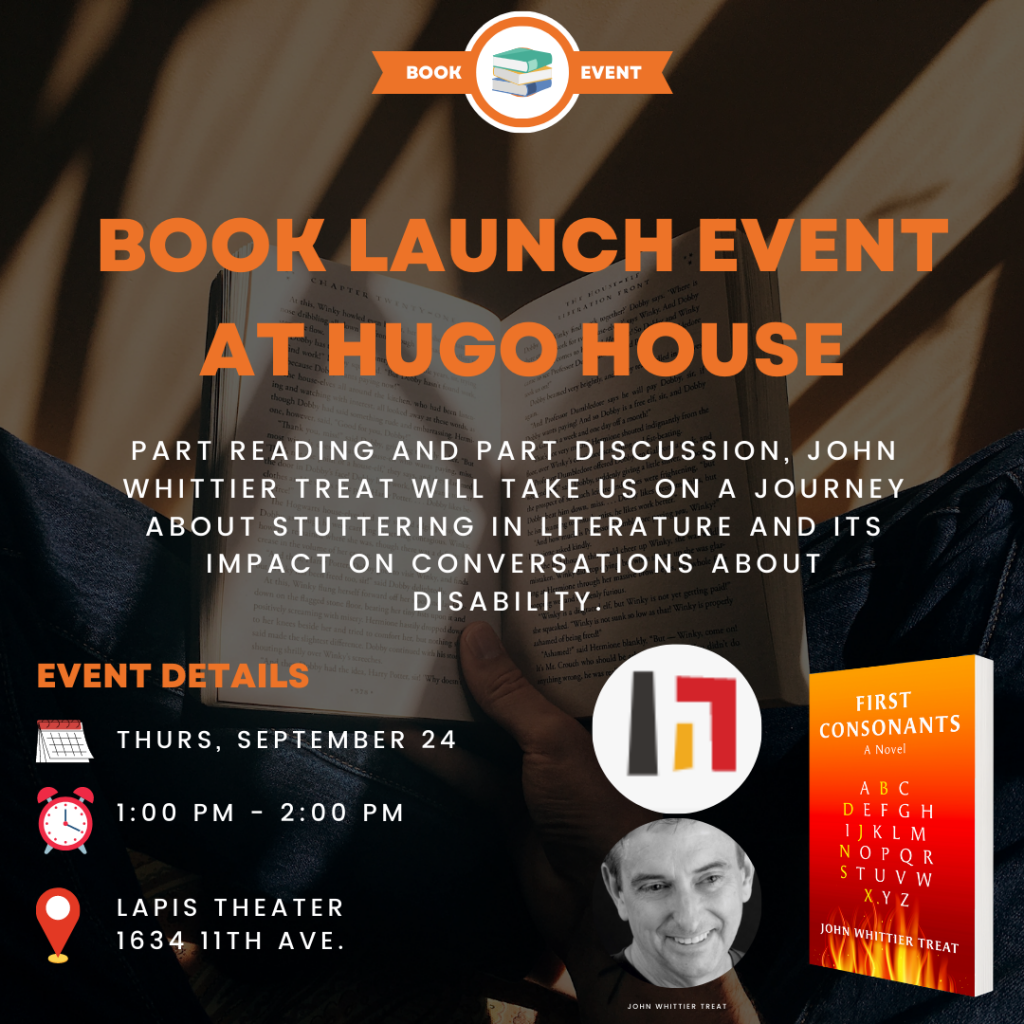How many of you want to hear me talk about poop?
Don’t worry. I’m not going to talk about poop.
My sister, though — she talks about poop. In fact, when she’s about to start dating a guy, she gives them a litmus test. She says, “I poop. Do you have a problem with that?” If they get weird, she walks.
Out of respect for the Internet, I’ll use Urban Dictionary: an overshare is “way too much information given about (usually personal) subject matter.”
Their example?
“Did I ever tell you how you were conceived? No, mom, that’s an overshare.“
It’s a hard example to argue with. Neither Mom nor kid benefits much from sharing that information, so it’s just kind of a shitty thing to say, if all it does is make the kid uncomfortable. But we don’t have the full context, either; there could be a very important reason for mom to be telling that story, like how her and dad’s tryst in a nuclear storage facility explains the kid’s telekinetic powers. Or the kid might be struggling with her sexuality, and this is a way, however misguided, of the mom trying to reach out. Or the kid might be bullying her mom about her sexuality post divorce, and this is the mom’s way of fighting back. Without context, we don’t know anything.
In other words, accusing someone of oversharing is like saying, “It is what it is.” It’s just another way to silence people before figuring out what they’re really trying to say.
As a writer and teacher of personal narrative, what interests me isn’t so much what an overshare is. I want to know who gets to decide what “way too much information” is.
My knee-jerk thought is that these deciders are assholes, and they sit in a brightly lit corporate boardroom gesturing at charts, their lunches fully catered, drinking brandy-spiked coffee. Or, as is usually the case when I picture assholes in boardrooms, the guilty party lies within.
The most powerful personal essay writing challenges these assholes inside us. And almost always, whether you want it to or not, this is when the writing becomes political. The LGBT rights movement, for example, was and is accused of oversharing, and it’s been personal stories, more than anything else, that’s led to its success. Survivors of sexual abuse are told not to talk about their experiences, but sometimes, when they do, the results can be inspiring, healing and cathartic for everyone. I’d venture that these experiences should be shared, and widely, as long as the storytellers are aware of the risks of telling their stories.
Now, there are a lot of ways to screw up the telling of a risky personal narrative. But they all seem to point to its inherent danger: the ill-considered overshare makes the author appear the asshole because it fails to provide the full context and because it makes people uncomfortable without purpose. In a sense, in the writing of personal narrative, there is rarely such thing as an overshare. There is only an undershare.
My sister also has a girl power bracelet she makes her potential boyfriends see. She knows who she is. She knows what she wants. She knows, sadly, that the cards are stacked against women in many ways, but that if she pushes the right buttons, she might scare the wrong people away or even motivate the right people to think of women in healthier ways. Her oversharing is subversive, and it is awesome.
Is that our job as writers? Is that our job as writing teachers? I think it is. I see my job as helping myself and my students to grow, not just as writers but as people and activists and citizens. I want to create a safe place to explore, but I want it to be clear that the world doesn’t necessarily have our best interests at heart. In the era of social media, personal narrative writing should be required for every freshman, because that’s what they do, what I do, too, all day, every day. A particularly popular Facebook post is likely to reach a hundred times more people than a personal essays published in a small literary magazine.
Yet we ignore this, and this is how we think about the way we tell our stories: “Be careful what you put out there! Don’t overshare! Employers might find that! No one wants to hear about your sex life! Just stop it!” This tactic, if I had to guess, works about as well as abstinence programs.
What if we worked, though, to talk about ourselves intelligently? Can we talk about ourselves in ways that make us better citizens, writers and people? Can we train our students and ourselves to be able to see ourselves from the outside?
Have you ever heard the phrase “throwing shade?” It’s when someone talks shit, but all this does is make it immediately apparent to everyone else what their weaknesses are.
Here’s a somewhat shameful example of this: I moved to LA a couple years ago, and like many people, I’ve struggled here. One day, I posted an obnoxious article from Vice Magazine trashing LA, saying, “I can’t argue with a word of this.” The article said things like, “Everyone is scared of Scientology” and “There are broken dreams everywhere you look.” It was stupid and clichéd. My LA friends were not amused. I backtracked and didn’t at the same time. I complained about working too hard for not enough money. I said, “I am having an LA-is-treating-me-like-a-worthless-piece-of-shit week. I kind of want to punch it in the nose. Can I punch a whole city in the nose?” My ex-girlfriend, who’s from Glendale, called me out, accused me of throwing shade.
I took a step back and looked at the post again. What if I were reading this in a novel? What if a fictional character had written this post? Well, the character would look like a failing writer having a temper tantrum; a man who thought himself more important than the millions he shares a city with; a man who, like so many people before him, couldn’t hack it in Los Angeles. What I’d done is failed to do what creative nonfiction writers have to be able to do — see myself from the outside. If I had voiced my frustration in a way that showed my full situation and with more awareness, I might have had people offering me work. Instead, I got attacked.
And this is the real trick of successfully oversharing: You have to be able to embody your less than perfect emotional states, but you have to be able to do that with clarity, precision, and self-awareness. You have to be able to simultaneously have a temper tantrum with the you-the-character-from-the-past and get across that you-the-narrator-in-the-present are able to access those emotions but still reflect on them.
Here’s a solution I encourage my students to use: do a character sketch of yourself. Answer a series of 20 questions about yourself that you would ask a fiction writer to answer about their characters. It helps you to see yourself more objectively.
I teach students the difference between the character they’re writing about who is usually a persona of themselves from the past, and the narrator, which is usually a persona of themselves from the present. They have to answer questions about both personas — the character and the narrator.
They usually hate it more than anything, but it works.
A draft of this essay was presented at the 2013 conference of the Rocky Mountain Modern Language Association.





